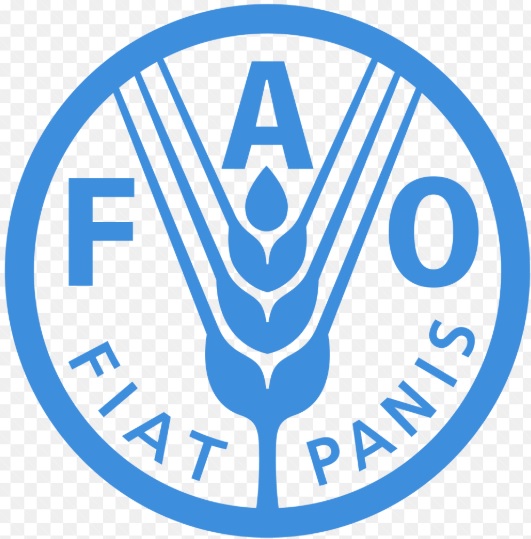FAO holds a workshop to support integrated development of rural communities
FAO studies, conducted in eight countries in the region, revealed that rural communities in Eastern Europe and Central Asia suffer from many needs and constraints in parallel.

- Country:
- Hungary
Family farming shouldn’t be a solitary activity. Rural communities are key for supporting farmers and the development of the rural economy. In Europe and Central Asia, FAO has been supporting different initiatives and projects related to local rural development for more than a decade. Going now a step further, a workshop in Budapest marks the establishment of an informal regional technical network on integrated community development.
The two-day meeting, starting today, provides an opportunity to present and discuss different approaches to local rural development relevant for Europe and Central Asia; share practical experience and lessons learned between the countries; look at areas for improvement, and discuss policy options for supporting the integrated development of rural communities in the region.
FAO studies, conducted in eight countries in the region, revealed that rural communities in Eastern Europe and Central Asia suffer from many needs and constraints in parallel. Smallholders and family farms especially struggle with small and fragmented farm structures, lack of investments and efficient farm advisory services, effects of climate change, hampered access to markets, and many other things.
Addressing the problems separately – one at the time – cannot substantially improve the complex and interrelated nature of the issue.
“Integrated community development, as a participatory model, aims to ensure the sustainability of the development process, manage trade-offs between agricultural development and natural resources, and target the rural poor,” said Morten Hartvigsen, delivery manager of the FAO regional initiative empowering smallholders and family farms for improved rural livelihoods and poverty reduction.
Family farmers produce over 80 percent of the world’s food. The United Nations Decade of Family Farming 2019–2028 was proclaimed to recognize the fundamental contribution of smallholders to food security and safeguard their livelihoods and biodiversity of rural ecosystems. The Sustainable Development Goals position family farmers as key agents of change in transforming food systems.
“At this workshop, new partnerships between governments, international organizations, donors, civil society, academia, and the private sector can shape up to support this goal,” Hartvigsen added.
Workshop participants will learn about the situation in the region through selected case studies and the experience of the European Union, FAO, and the United Nations Development Programme, and hear country examples of supporting rural development and communities from various perspectives.










